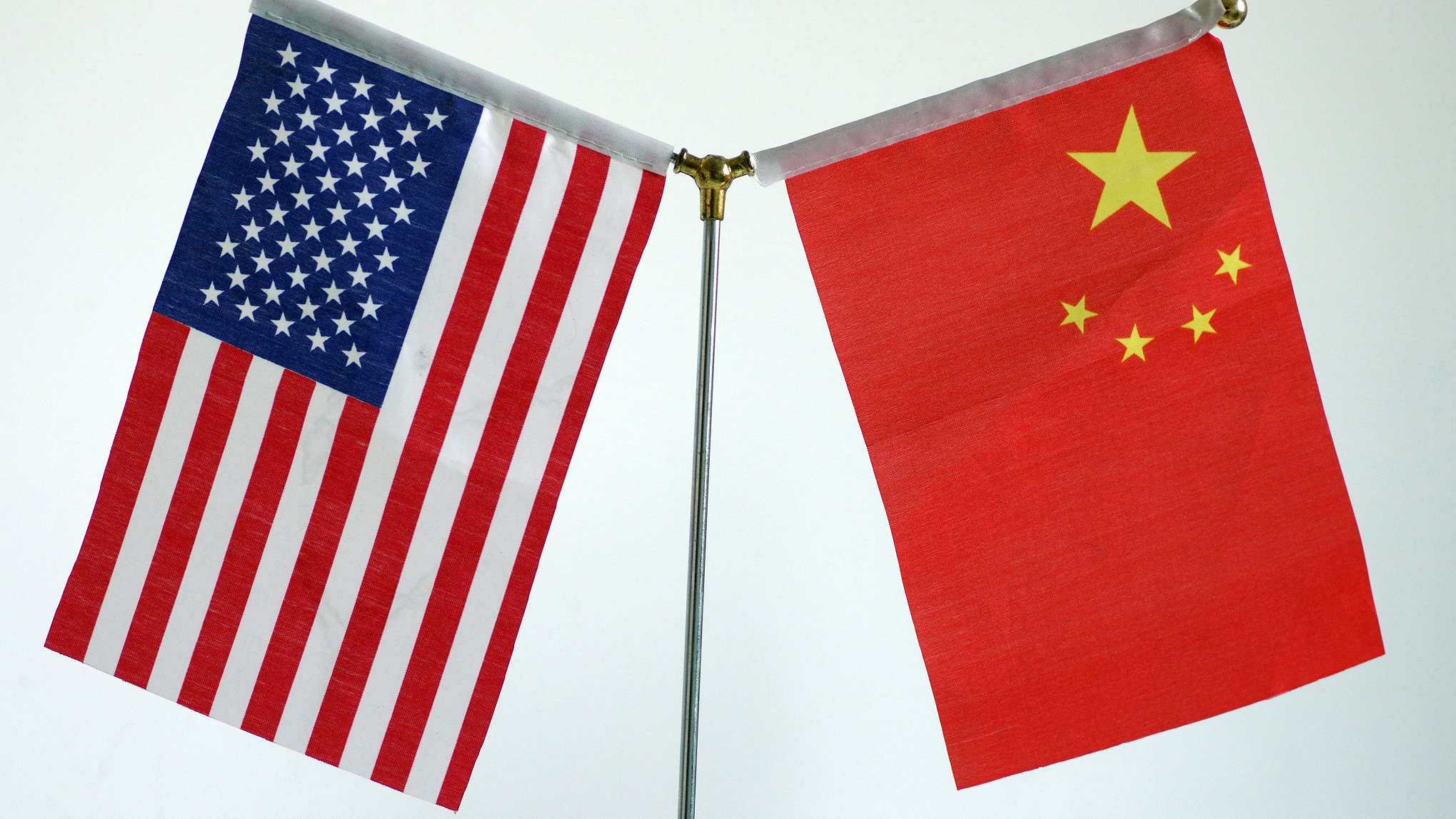It’s unreasonable for the US government to see China as its main global rival and effectively declare an "economic war," Emeritus Professors John Graham and Benjamin Leffel from the University of California, Irvine, said in their article in the magazine “Harvard Business Review,” backed by solid quantitative research.

File photo: VCG
The article claims that the current US administration accused China of stealing American jobs and pirating American intellectual property. But the data collected by the Long US-China Institute suggest that China is far less guilty of these charges than many policymakers and commentators would have US citizens believe, Graham and Leffel said.
As the data shows, consumer incomes in both countries have enjoyed continuous growth in purchasing power since 1985. Only two years of decline are discernible in the US trend-line: 2008 and 2009, coinciding with the 2008/9 recession, the authors said. The United States granted Permanent Normalized Trade Relations (PNTR) to China in 2000 and, in the following year, China joined the World Trade Organization (WTO). Neither event hampered the steady growth in purchasing power for Americans, whose per capita GNP rose from $37,900 to $62,600. The authors believe that it’s hard to argue that trade with China has had much impact on US payrolls, according to the research.
In terms of the charge of intellectual property theft and corruption, authors indicated the Business Software Alliance reports the extent of losses to American software producers in 116 countries. As the data shows, these losses are declining in the United States and China. Graham and Leffel also claim that more and more people will be able to afford to pay reasonable prices for books, music, movies, and so forth as per capita income rises in China. Chinese companies have began to develop new technologies, and they themselves will need IP protections in order to maintain their profits and growth.
“China and the United States are not without their troubles,” the authors said. “But the data of the last 25 years portray US-China commerce as the most synergistic bilateral relationship in world history, bringing peace along with mutual prosperity.”
(Compiled by Wang Zi)


